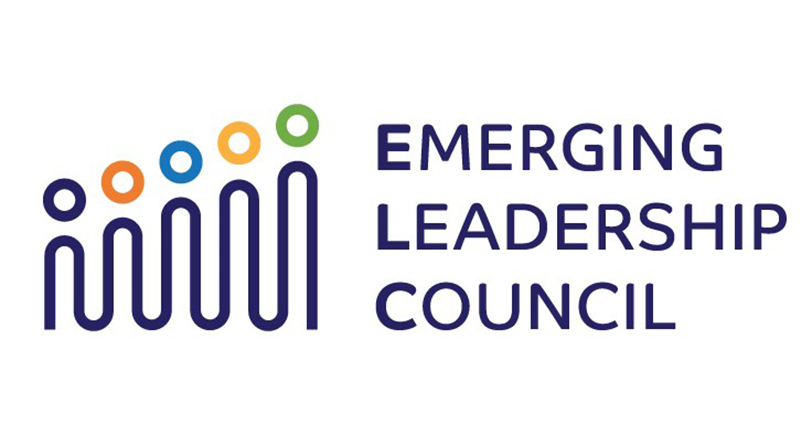The Emerging Leadership Council (ELC) of the Flexible Packaging Association (FPA) developed several initiatives over the past few years. Here is a review of what the group has worked on.
Perfect Packaging® Content
The council’s Education and Advocacy committees collaborated to create website and social media content for perfectpackaging.org. Perfect Packaging® is FPA’s consumer-facing brand, speaking to the nonindustry segment of the population about the benefits of flexible packaging—from lower water and energy usage and less packaging to landfill to less greenhouse gas emissions from the manufacture, transport, and reduction in food waste. It also recognizes the recyclability and circularity work being done in the sector. FPA’s social media channels—LinkedIn, X, Facebook, Instagram, and TikTok— speak to industry, nonindustry, and supply chain channels.
With the help of FPA’s communication agency, The Cyphers Agency, they created a “Did You Know Flexibles” campaign and an interactive “Test Your Knowledge” webpage.
Fun and Games
In 2023, the ELC put together two fun ways to spread the word about these benefits. With the help of FPA’s communication agency, The Cyphers Agency, they created a “Did You Know Flexibles” (DYKF) campaign and an interactive “Test Your Knowledge” (TYK) webpage. The DYKF campaign from the Advocacy Committee covers a variety of topics looking at the benefits of flexibles and their economic value in the U.S.:
- Recyclability and policy drivers to help modernize the
- U.S. recycling infrastructure to reach full circularity,
- Importance of flexible packaging in the health and medical space, and
- Consumer education.
Hosted on LinkedIn, the ELC’s Advocacy’s Sustainability Subcommittee completed three campaigns with five to six videos per campaign.The campaigns covered these overall benefits of flexible packaging:
- Impact of the industry sector on the U.S. economy;
- Extended producer responsibility (EPR) legislation and specifically what well-crafted EPR legislation looks like;
- Emerging landscape for the collection, recycling, including advanced recycling technologies and tracking, and reuse of flexible packaging; and
- Safety and sterility necessity of food and medical device flexible packaging.
The group will continue to create content for the series throughout 2024.
‘Fact vs. Fiction’
The Education Committee published the first TYK video and interactive module with a “Fact vs. Fiction” test regarding paper bags versus plastic bags versus cloth bags. The quiz asks questions regarding the recyclability, reusability, and compostability of all three bag types, including how many uses each would take to equal the environmental footprint of each other. The environmental footprint covers water, energy, and carbon usage.
For example, one series of questions on woven cloth bags offers a true or false option: A reusable cloth bag requires at least 22 uses to equal the impact of one single-use plastic bag, and consumers typically forget to bring reusable cloth bags shopping with them 20% of the time. In this case, the first question is true, but the second one is false. Consumers forget reusable cloth bags 40% of the time.
We look forward to continuing to create content for the DYKF and TYK campaigns and spreading the good word and truth about flexibles.
